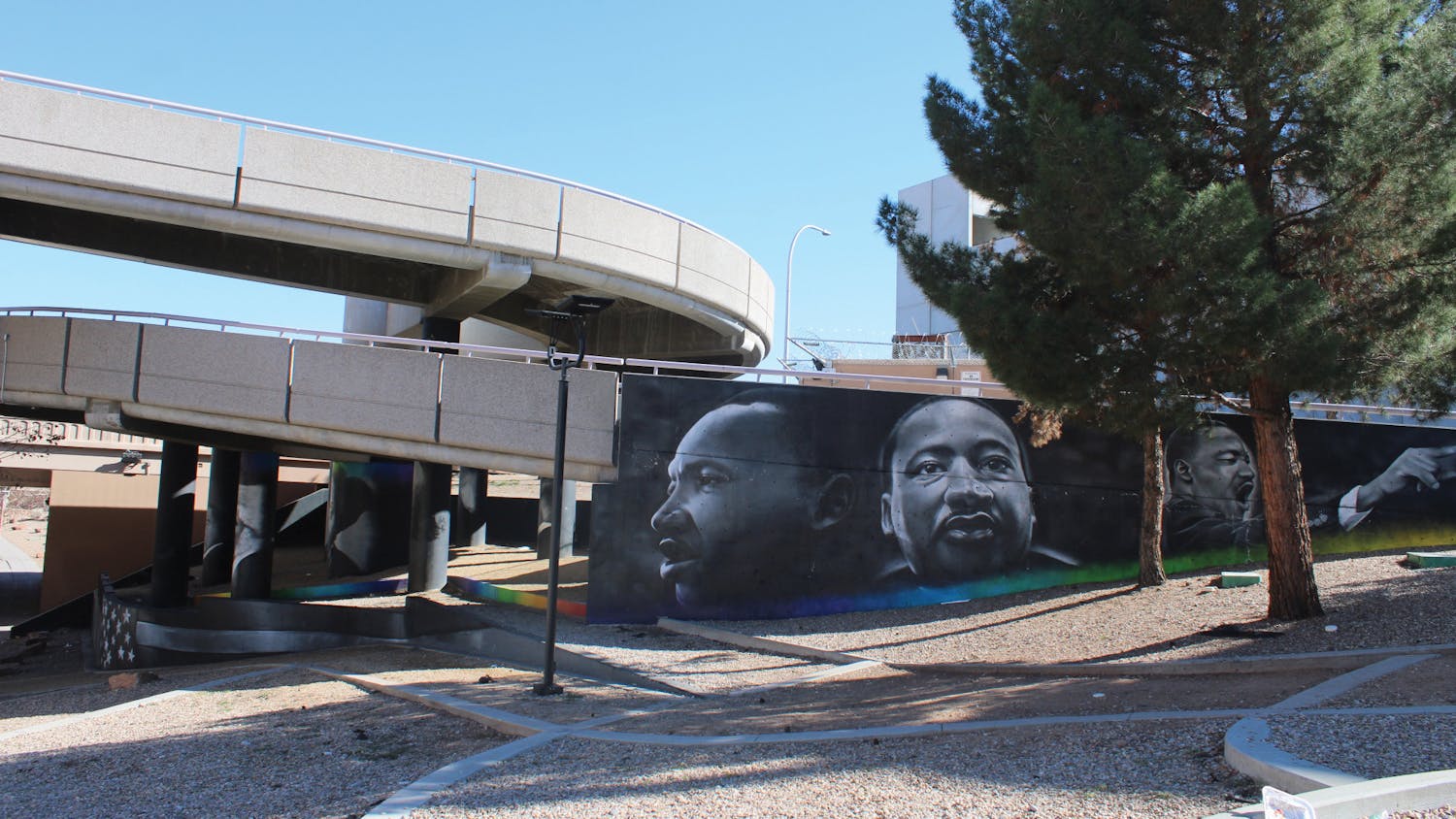Hip-hop has entered a strange phase of punk rap, where there’s an over saturation of “Lil’ this” and “Lil’ that’s”, mumble rap has peaked and a rapper having colored hair doesn’t start and end with Nicki Minaj anymore. Kanye West and Pusha T saw this and instead of making another high art, experimental album like “The Life Of Pablo,” they hunkered down in Wyoming and spent a year and a half finding the cure to this ailing genre, which would take the form of “Daytona.”
Before the release of “Daytona,” which is the first of many G.O.O.D Music albums coming this month, Diddy released a handwritten note stating that “Daytona” is “a modern day masterpiece. A flawless Hip-hop gem. Classic but current. In real time! A true classic!”This kind of praise for an album that wasn’t event publicly available could prove detrimental by setting standards too high and leaving room to disappoint.
However, “Daytona” did all but disappoint. Pusha T seems to have made the album that has pushed the slowly derailing genre back onto track, momentarily at least. With just seven tracks, 100 percent produced by Kanye West, Pusha T finds a balance between modern motives and classic, recognizable sounds.
On the opening track “If You Know You Know,” Pusha T raps about his time as a drug dealer making countless cryptic references about his life in drugs repeating “If you know you know.” The best summary of “If You Know You Know” comes in the first bars of verse one where Pusha plainly lays it out on the table, “This thing of ours, oh, this thing of ours/ A fraternity of drug dealers ringing off/ I just happen to be alumni/ Too legit, they still lookin’ at me with one eye.”
With a west coast-esque guitar clanging away in the background, Pusha, like on “If You Know You Know, “ creates another small vignette of his past in drug dealing and trapping on “The Games We Play.” These looks into his past life aren’t dark or negative. Pusha T finds himself reminiscing about a life that he enjoyed and that as he brags in past projects was good at.
As “Daytona” continues with tracks “Hard Piano” and “Come Back Baby,” Kanye’s influence shines more and more as samples are weaved in-between Pusha’s verses and songs seems to get choppier. This is a style of production Kanye used heavily throughout his album “Yeezus.”
“Hard Piano” and “Come Back Baby” are similar to the rest of Pusha T’s musical catalog, covering more of his love for cocaine and drug dealing. Although topically monolithic, Pusha finds ways to make his one topic diverse through lyrical delivery and Kanye’s fresh production.
Pusha T hits a high point on “Santeria,” rapping over a beat lifted from Lil’ Kim and The Notorious B.I.G’s slick track “Drugs” (how appropriate). Pusha explores the pain felt by the death of his road manager, De’Von Pickett, who was stabbed to death in Philadelphia. Pusha opens with “Now that the tears dry and the pain takes over/ Let’s talk this payola.”
Instead of finding peace, or coming to terms with the murder of De’Von, Pusha gets angrier and angrier as the track continues, ending with, “And all praise, no jail bars can save/ Leave you like Malcolm where X marks your grave/ Hey, it’s probably better this way/ It’s cheaper when the chaplain prays.” Here, Pusha explores the idea of killing his enemy in jail and how it would be cheaper in jail where the prison chaplain will pray for their death.
On the call and response track “What Would Meek Do?,” Pusha seems to be back on his braggadocious wavelengths as he raps about drugs, jewels and being top five in his game. Later, Kanye interjects with a surprisingly creative feature where he enters with the line “Poop, Scoop/ Whoop! Whoopty-Whoop!” leading many first-time listeners to believe that Kanye had lost his touch. Within seconds, though, Kanye launches himself full force into an undeniably catchy 19 bar feature.
On the now infamous last track of “Infrared,” Pusha reignites the long standing beef between himself and Drake. “It was written like Nas, but it came from Quentin,” was the one lyric that sparked an internet firestorm and put a spotlight back on ghostwriting allegations that now haunt Drake day and night.
“Infrared” led to Drake’s release of “Duppy Freestyle” that was quickly outdone by Pusha T’s brilliantly quick response “The Story of Adidon.”
Get content from The Daily Lobo delivered to your inbox
Like “The Story of Adidon,” “Daytona” is a carefully calculated album that is concise, to the point and hits all the right notes along the way. Diddy said it first — ““Daytona” is a classic.”
Colton Newman is the photo editor and a music writer for the Daily Lobo. He can be contacted by email at photoeditor@dailylobo.com or on Twitter @Coltonperson.






